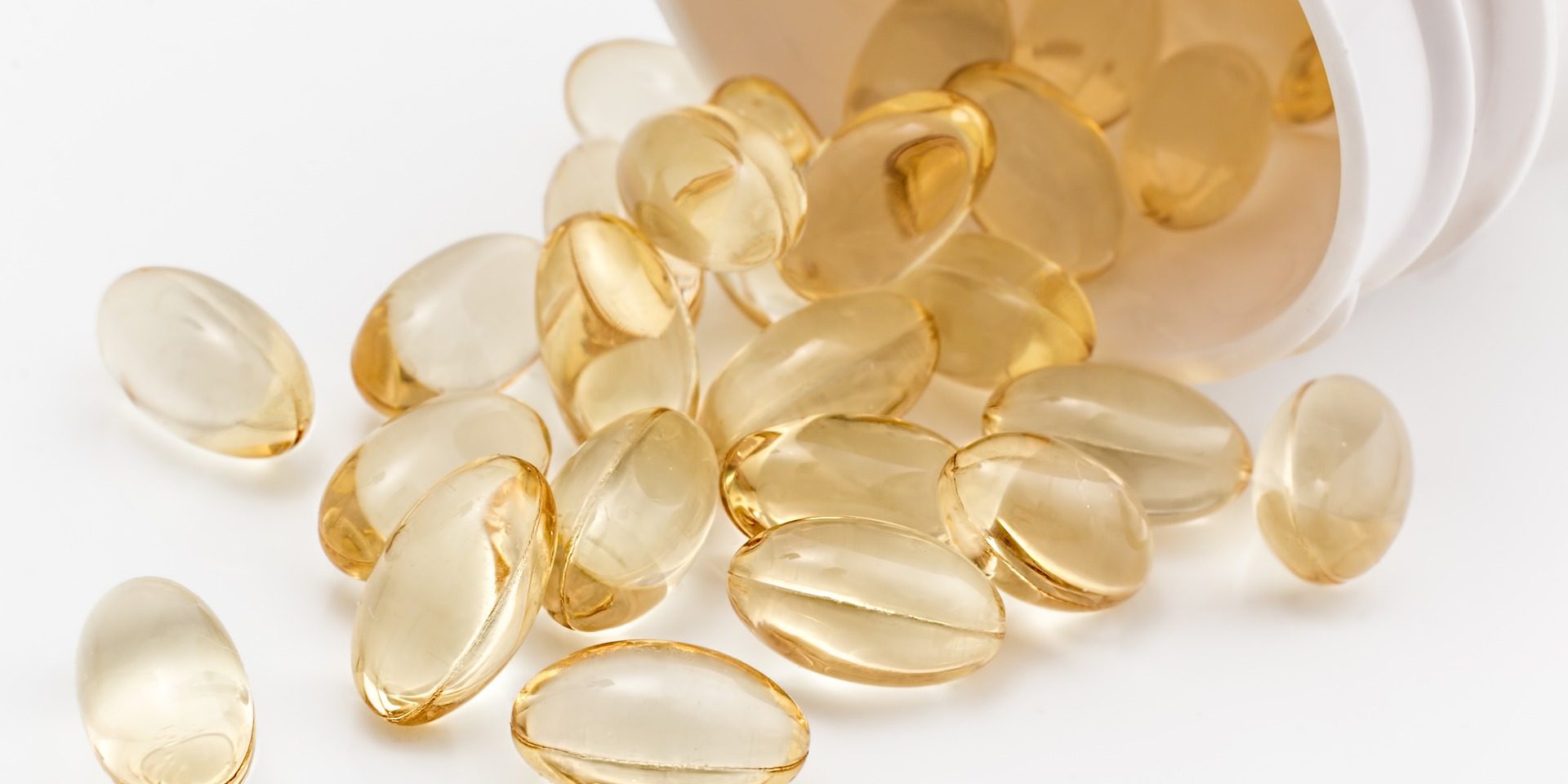Vitamin B12 And Why We Need It
Vitamin B12 is a water-soluble vitamin that is often known as our “memory-boosting, brain health” nutrient. We also need sufficient levels of B12 to
1- Convert carbohydrates into the glucose used by the body for energy.
2- Prevent brain shrinkage.
3- Regulate the nervous system for a reduction in depression and anxiety.
4- Spark cellular reproduction to renew the health of hair, skin, and nails.
5- Work with Vitamin B9(also known as folate) to make DNA and red blood cells. In addition, B12 assists in the formation and maintenance of the myelin sheath – the protective layer that safeguards brain and nervous system signals.
How Common is Vitamin B12 Deficiency?
It is common and it is also rarely detected. And just as in the case of Vitamin D deficiency, the cutoff range for b12 deficiency is too low so that even reported figures can be inaccurate. Normal ranges of B12 are 200 to 1100 ml.
How do we know if we are Vitamin B12 deficient?
There are many symptoms
- Weakness, tiredness, or light headedness
- Rapid heartbeat or difficulty breathing
- Poor memory or difficulty concentrating
- Depression, anxiety
- Numbness and tingling of hands or feet
- Difficulty with balance, poor coordination
- Pale skin and or a sore tongue
- A salty taste in the mouth
- Easy bruising or bleeding gums
- Upset stomach or weight loss
- Diarrhea or constipation
What is the remedy for Vitamin B12 deficiency?
Vitamin B12 cannot be manufactured by humans – we need to source our supply from animal proteins or fortified food products. Hydrochloric acid in the stomach sets free the Vitamin B12 from animal proteins. It also needs an adequate supply of “intrinsic factor” which is a protein found in the stomach. Unfortunately, both stomach acid and intrinsic factor levels decrease with age so that in time only some of B12 gets absorbed from food, unlike Vitamin C and Magnesium which are readily absorbed and utilized by the body.
Vitamin B12 is found in natural products such as fish, poultry, meat, and dairy – cheese, yogurt, cow’s milk, eggs; fish oysters, cod; chicken, lamb, beef, and liver from these last two. The consumption of these products is the original method by which human beings have taken Vitamin B12 into their systems.
Vitamin B12 supplements
We often turn to supplements when needed but, unfortunately, an oral Vitamin B12 supplement can be poorly absorbed because of its large size. Injections or a sublingual (under your tongue) spray work far better, as they allow the large B12 molecule to be absorbed directly into your bloodstream.
Getting enough Vitamin B12 through your diet is crucial. However, if you struggle to obtain enough or have a condition that affects absorption, supplements are a simple way to increase your B12 intake.

